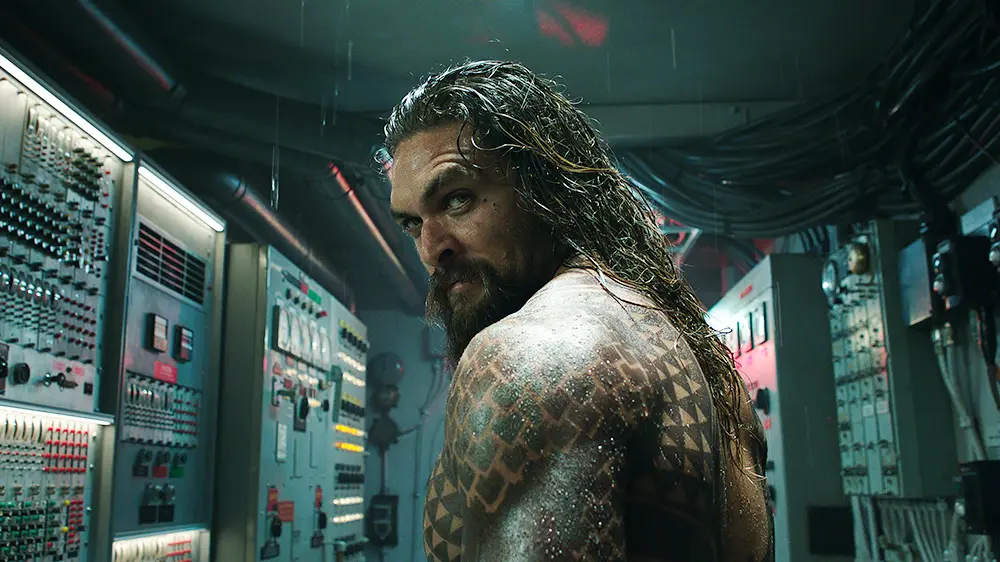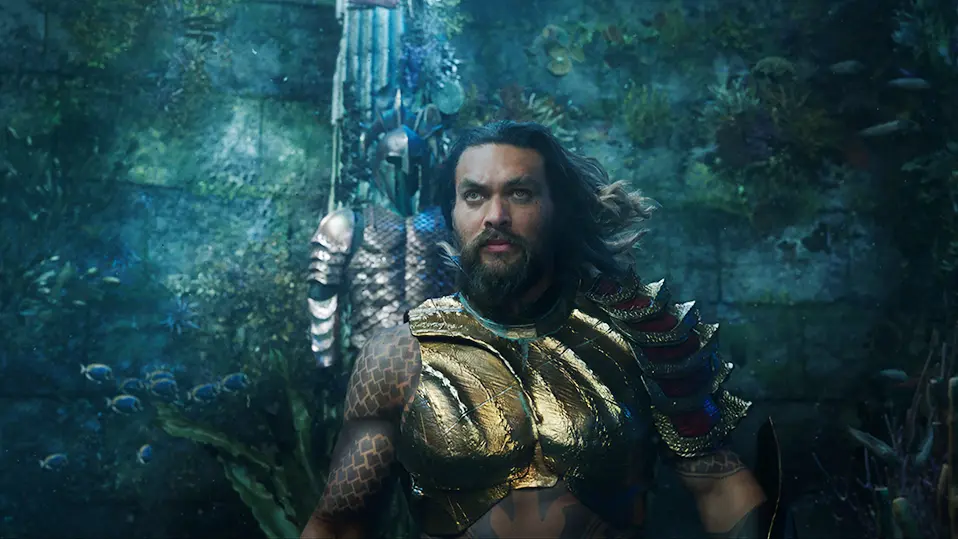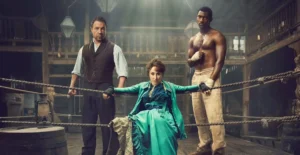Summary
More style than substance, Aquaman is wonderful visually, but presents too much that we’ve seen before, often in the form of lazy writing.
One of the shows I remember most fondly from when I was a kid is Stingray. I went to see Aquaman today expecting a similar sense of wonder that I used to enjoy, and instead I was left wondering at the one-upmanship James Wan displayed towards the Marvel spectacles that were this year’s Avengers: Infinity War and Black Panther. That’s not to say I disliked it, but I was above all disappointed.
Some good points first though, starting with the main character. Jason Momoa’s Arthur Curry (AKA Aquaman himself) showed some nicely written development throughout the film, which was essentially his origin story. It started with his parents meeting, showed brief childhood scenes and focused on his adulthood, with initial reluctance to get involved with feuds and politics in Atlantis. Gradually, he gets to know that world that he’s largely stayed away from as he grew, and he becomes more personally engaged with activities there: his development from casual vigilante into a figurehead is surprisingly believable. The other characters though were almost exclusively two dimensional, and the dialogue frankly clunky throughout; both those characteristics would have fitted perfectly in a comic, but in a film that kind of thing damages the suspension of my disbelief.
The cast was generally well chosen; though Patrick Wilson a little too old, I think, to play Arthur’s younger brother (certainly looked it). Temuera Morrison and Nicole Kidman had the right chemistry to be Arthur’s (utterly contrasting) parents. And the older Atlanteans (Dolph Lundgren and Willem Dafoe particularly) gave a little rich quality to the political squabbles. Amber Heard played Mera well, but unfortunately, she was little more than his guide/sidekick for most of the film and dressed in Poison Ivy colour scheme, which made her visually confusing (though maybe it was just me).
Visually, Aquaman was beautiful and impressive; as I’m sure we all knew it would be. The battle scenes were well structured, the sea creatures almost modern Harryhausen. But, but, but… those battle scenes seemed so familiar, it was almost like Star Wars under water (and Star Wars stormtroopers popped up in other scenes). This was just one of several elements which I felt I’d seen before (in many different books, films, etc), and that became tiresome rapidly, possibly dulling my senses to clever touches I might have caught otherwise. For example, there was a huge monster like Smaug guarding an artefact (though that artefact came from a different fantasy model, Excalibur). There was a bad guy avenging a dead father, there was semi-magical technology, spies and communication via holograms… how many tropes does one film need?
Oh, the big one: the presumed dead parent. I know tropes like this (and the others I mentioned) are comic book staples at times, but in films, it can come across as lazy writing, and frankly isn’t necessary: Black Panther proved that. And resolving the dead parent subplot in the same way that we saw just a few years ago in How To Train Your Dragon 2 was the last straw for me: it wasn’t just that the same thing happened, but it looked virtually the same too.
Although as I mentioned the visuals were great, the screen was often too busy for my liking: we got to admire Wakanda because the camera took its time arriving there; but the setting in Atlantis was overdone in my opinion, the screen full to bursting with details at times. There was one shot that I particularly loved, though: Aquaman and his friend Mera dove off a boat at one point, followed by vicious sea creatures; the aerial view was simple, elegant and exciting.

Yes, that part was exciting, but unfortunately, most of Aquaman wasn’t. A lot happened in the film (you should think so, for the length of it), but for the most part, it was cold: I was detached, watching the action without being swept away by it. It was almost like I was viewing a showcase of fabulous costumes and special effects, rather than a film with any heart (I did feel the emotion that accompanied the final scene, but – sorry – that one only). Aquaman was a one-night-stand: great to look at, passed the time, but ultimately not memorable.
Oh, and one more let-down: Aquaman took DC yet another step backwards in terms of female representation. Black Panther (a superior example, again) showed that women’s appearance didn’t have to be commented on or leered at in every scene (like in Wonder Woman), and they fought fearlessly, they weren’t just plot devices; even though they were – like in Aquaman – minor compared to the main character. Like Olivia Cooke‘s character in Ready Player One, Mera did lots of work, but got little credit, relegated to a minor character; while Arthur’s mother was virtually left in the fridge.
But hm, at least we have clues towards a sequel to possibly even things out. I hope that will present a little more intelligence, whereas this film was definitely more style than substance.




